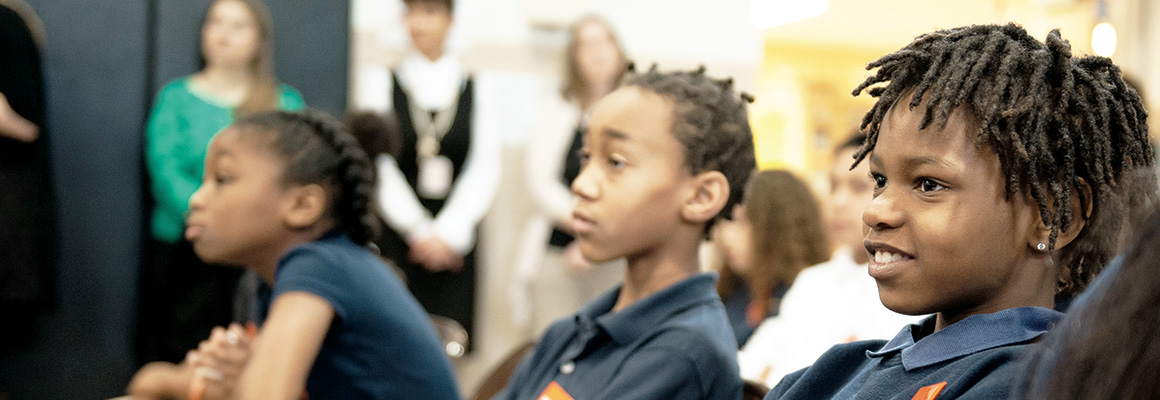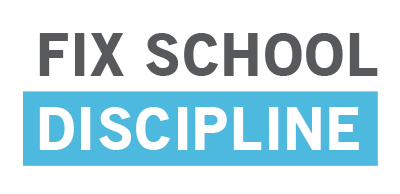
Credit: Maryland_govpics2, Flickr
Photo Credit: Maryland Gov Pics, Flickr
RESTORATIVE JUSTICE & RESTORATIVE PRACTICES
The use of Restorative Justice and Restorative Practices in schools offers a respectful and equitable approach to discipline, as well as a proactive strategy to create a connected, inclusive school culture. Inspired by indigenous values, Restorative Justice is a philosophy and a theory of justice that emphasizes bringing together everyone affected by wrongdoing to address needs and responsibilities, and to heal the harm to relationships as much as possible. The term Restorative Practices is used by a number of practitioners to describe how the concepts of Restorative Justice are utilized to create change in school systems. These practices are an alternative to retributive zero-tolerance policies that mandate suspension or expulsion of students from school for a wide variety of misbehaviors that are not necessarily violent or dangerous.
Research
International Institute For Restorative Practices: Improving School Climate: Evidence from Schools Implementing Restorative Practices (2015)
Oakland Unified School District: Restorative Justice in Oakland Schools: Implementation and Impact (2015); Quick Reference Charts from this report
Advancement Project Toolkit: Restorative Practices: Fostering Healthy Relationships & Promoting Positive Discipline in Schools
Model Policies
OUSD: RJ in Schools, Restorative questions (2015)
OUSD: Bringing RJ Into Schools – David Yusem, OUSD (2015)
OUSD: Circle Keeper Reflection Sheet (2015)
OUSD: Circle Process (2015)
OUSD: Common Challenges in Circle (2015)
OUSD: RJ in Schools, Restorative questions (2015)
OUSD: Types of Circles by Tier (2015)
OUSD: Whole School Restorative Justice (2015)

